The National Green Tribunal (NGT) has directed the Delhi Pollution Control Committee (DPCC) to verify allegations of air and noise pollution caused by several ready-mix concrete (RMC) plants in northeast Delhi, particularly near Sabhapur Extension, following complaints from a resident. The complainant claimed that the plants were violating pollution control laws, including the Air Act of 1981 and Noise Pollution Rules of 2000. Despite lacking concrete evidence like geocoordinate-based photos, the NGT instructed DPCC to conduct an on-site inspection and submit findings within three months, ensuring remedial action if violations are confirmed.
The Complaint and Allegations
The Sabhapur Extension resident filed the complaint alleging that the RMC plants were releasing harmful dust and particulate matter into the air, creating a significant health hazard for nearby residents. Noise pollution was also cited, claiming that the noise levels exceeded the permissible limits established under the Noise Pollution (Regulation and Control) Rules, 2000. These issues led the complainant to seek intervention from the NGT, which has been instrumental in addressing environmental concerns across India.
The complainant, however, could not provide sufficient evidence at the time of filing, except for some photographs that lacked geo-coordinates, date stamps, and other crucial verification details. This lack of proper documentation delayed action, as it left gaps in proving the extent of the alleged violations. Still, the NGT decided that the seriousness of the claims warranted an investigation and ordered the DPCC to assess the situation directly.
NGT's Orders and Mandate to DPCC
Recognizing the potential severity of the environmental violations, the NGT's directive to the DPCC was clear. The tribunal asked the pollution control committee to visit the site, inspect the RMC plants, and analyze the emissions and noise levels in comparison to regulatory limits. The DPCC has been given three months to compile a report based on their inspection and take necessary remedial actions, such as levying fines or suspending the plants' operations if they are found to be non-compliant.
The NGT further emphasized the need for accurate data and supporting materials from the complainant. In its ruling, the tribunal suggested that the complainant provide more comprehensive evidence, including geo-tagged photos and reports on the plants' operations. This additional material would help substantiate the claims and support any necessary punitive measures.
The Broader Issue of RMC Plant Pollution
Ready-mix concrete plants have been a growing concern in urban areas due to their potential contribution to air and noise pollution. These plants often operate in close proximity to residential areas, creating conflicts over environmental and health impacts. The dust and particulate matter generated during the concrete mixing process can cause respiratory problems for people living nearby, while the noise from machinery exceeds regulated levels, disturbing the peace.
In Delhi, the problem is compounded by the city’s already high pollution levels. The presence of additional pollutants from these plants exacerbates the air quality, which is often recorded at hazardous levels. Over the years, similar complaints have been filed in various parts of the country, especially in rapidly urbanizing regions where construction activities are booming.
NGT’s Role in Environmental Protection
The National Green Tribunal has played a crucial role in addressing environmental concerns related to industrial activities. As a specialized body dedicated to resolving environmental disputes, the NGT has been proactive in ensuring that industries comply with regulations designed to protect air, water, and soil quality. By ordering inspections and mandating actions like those seen in the current case, the tribunal seeks to balance industrial growth with environmental sustainability.
In this instance, the NGT’s involvement highlights the importance of oversight in industrial zones, particularly in cities like Delhi, where the health of the population is already at risk due to pollution. The tribunal's mandate for DPCC to take action also underscores the need for more stringent monitoring and control mechanisms in place for RMC plants and similar industrial operations.
Way Forward
The NGT’s directive to the DPCC to investigate pollution charges against RMC plants near Sabhapur Extension is a crucial step towards addressing environmental violations in Delhi. With the rising levels of air and noise pollution in the city, this investigation could set a precedent for stricter enforcement of pollution control regulations for industrial operations. Should the DPCC find these plants in violation, it could lead to fines or operational shutdowns, offering relief to affected residents.

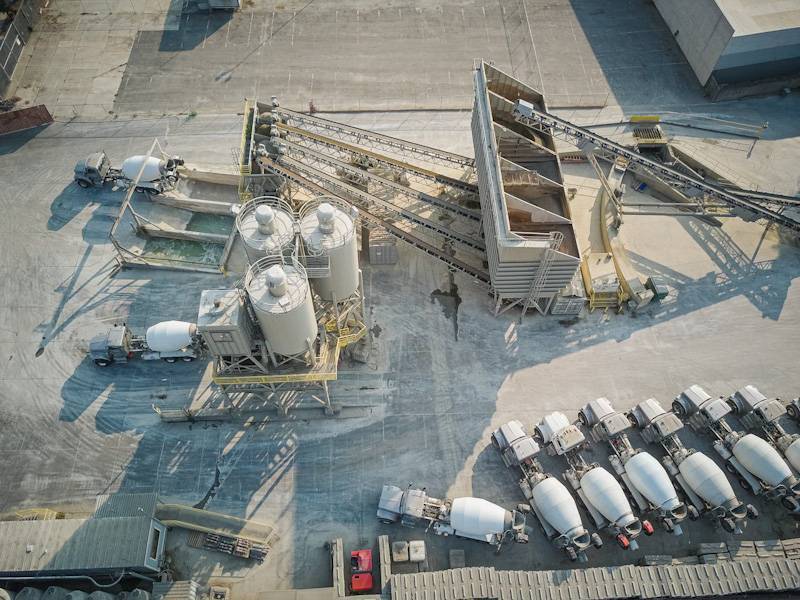
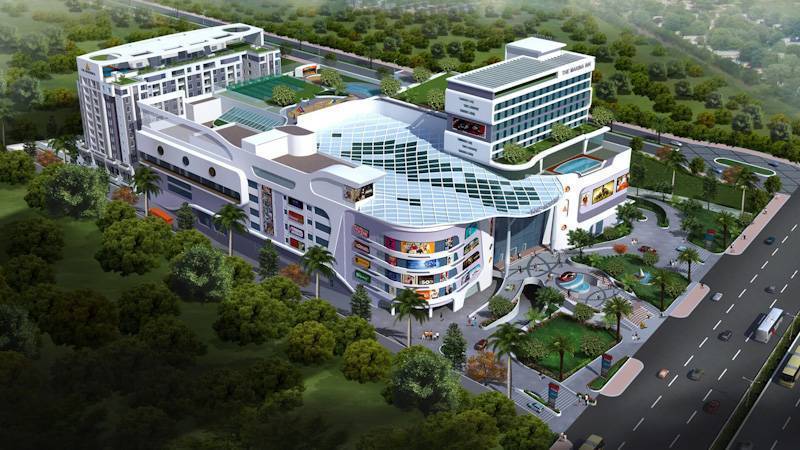
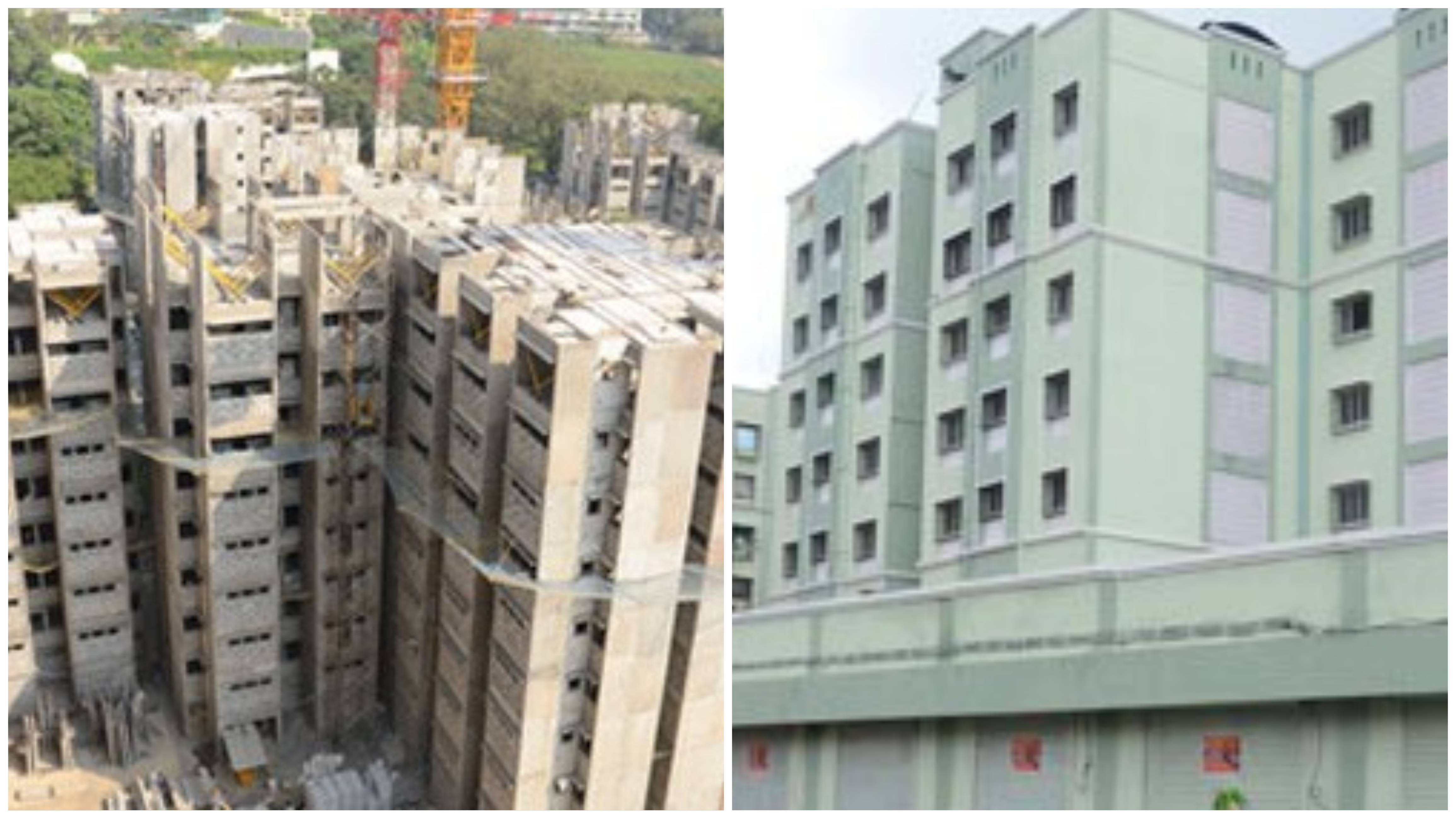
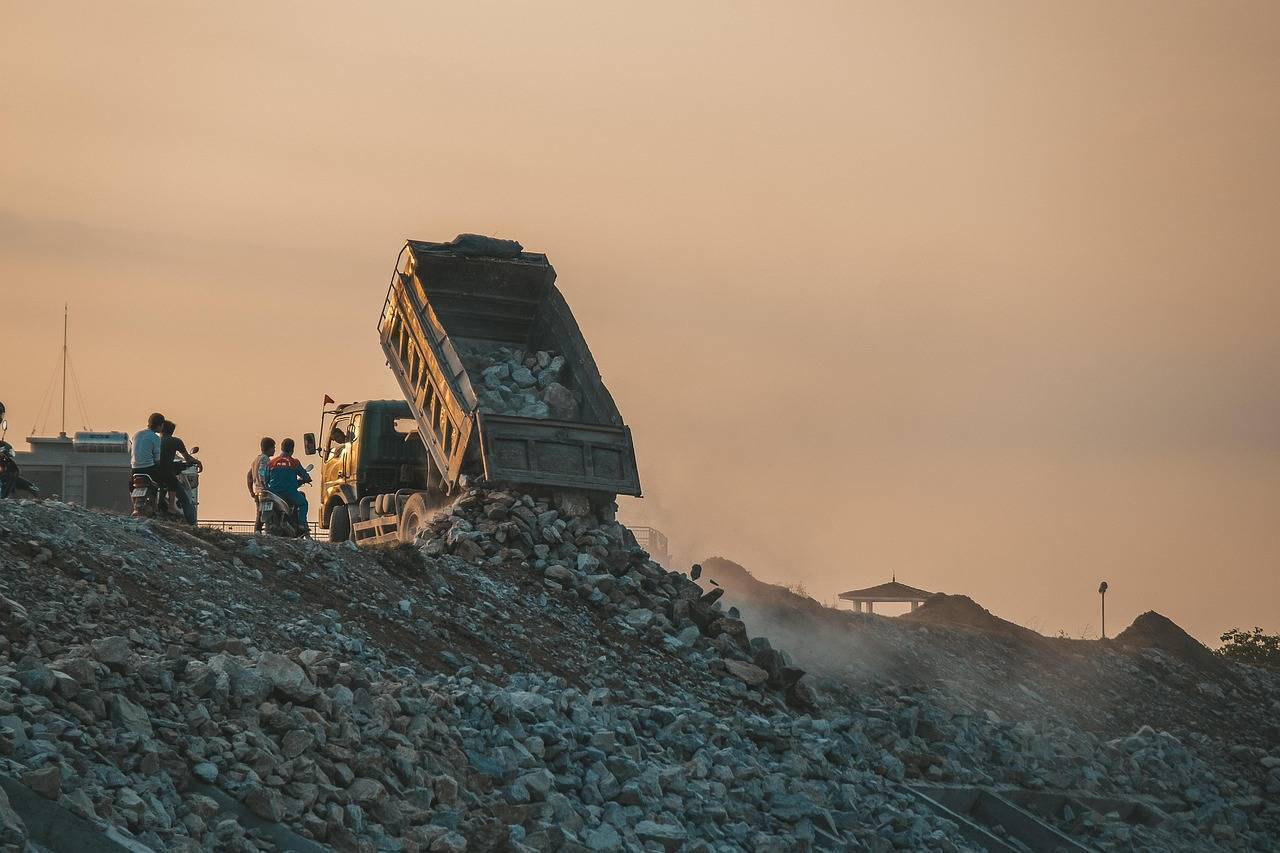
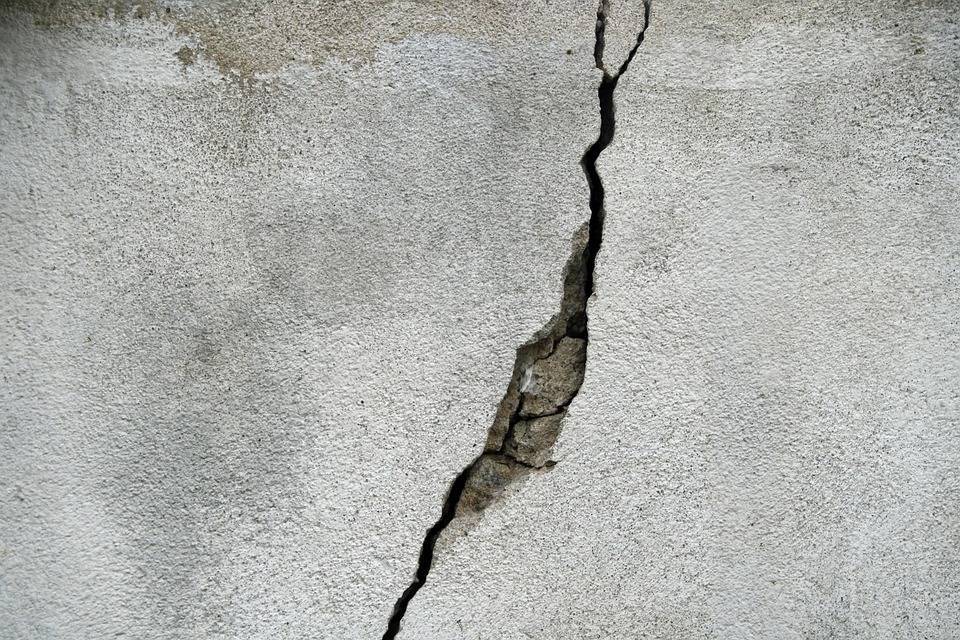

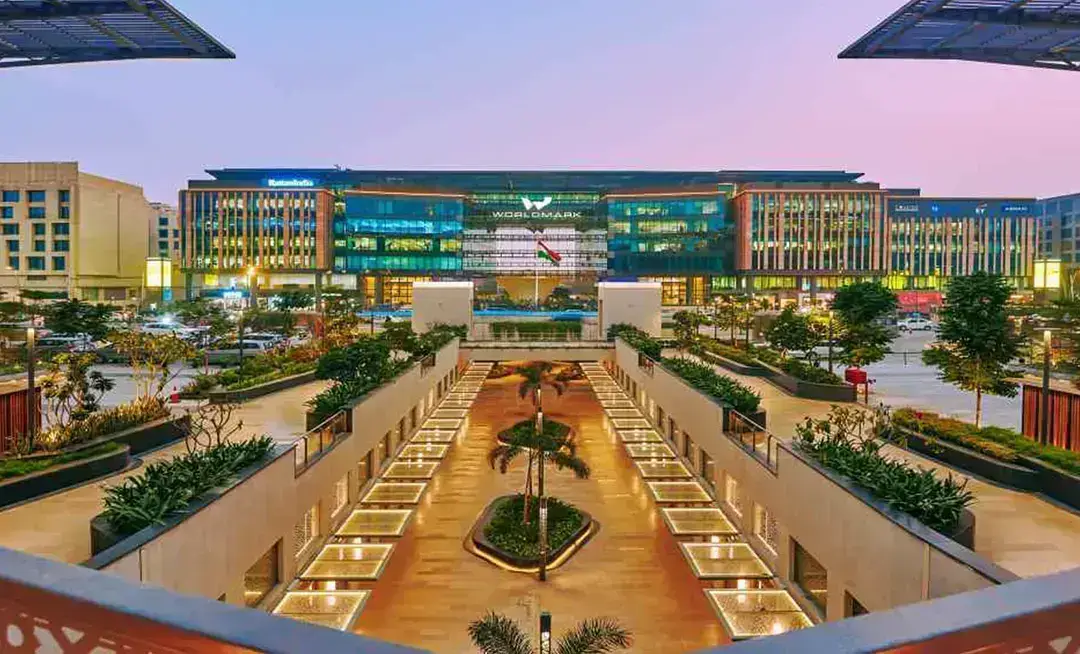
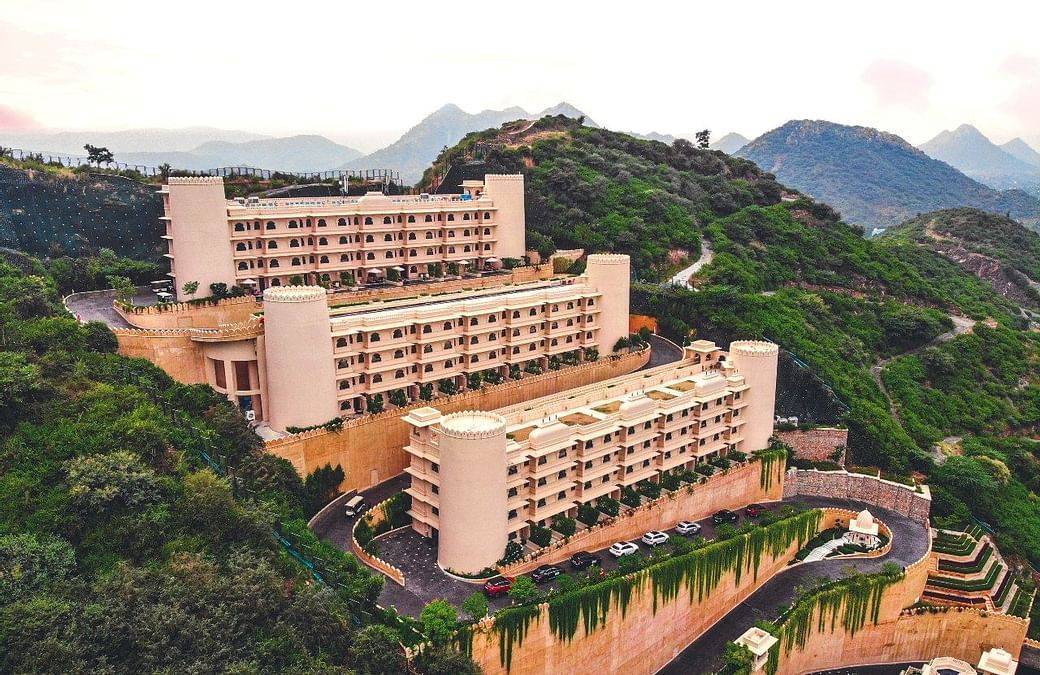
.png)